`Kid Charlemagne` pop track is a cover instrumental by Steely Dan
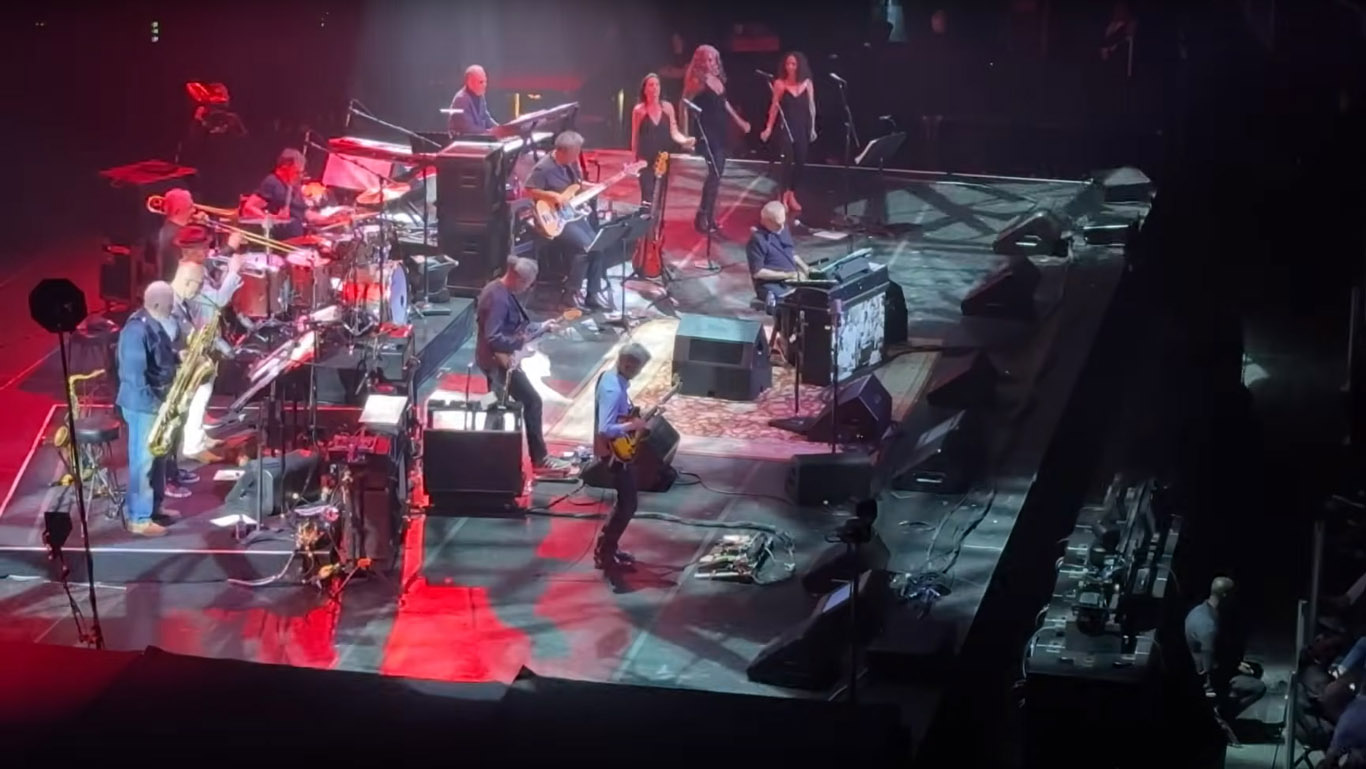

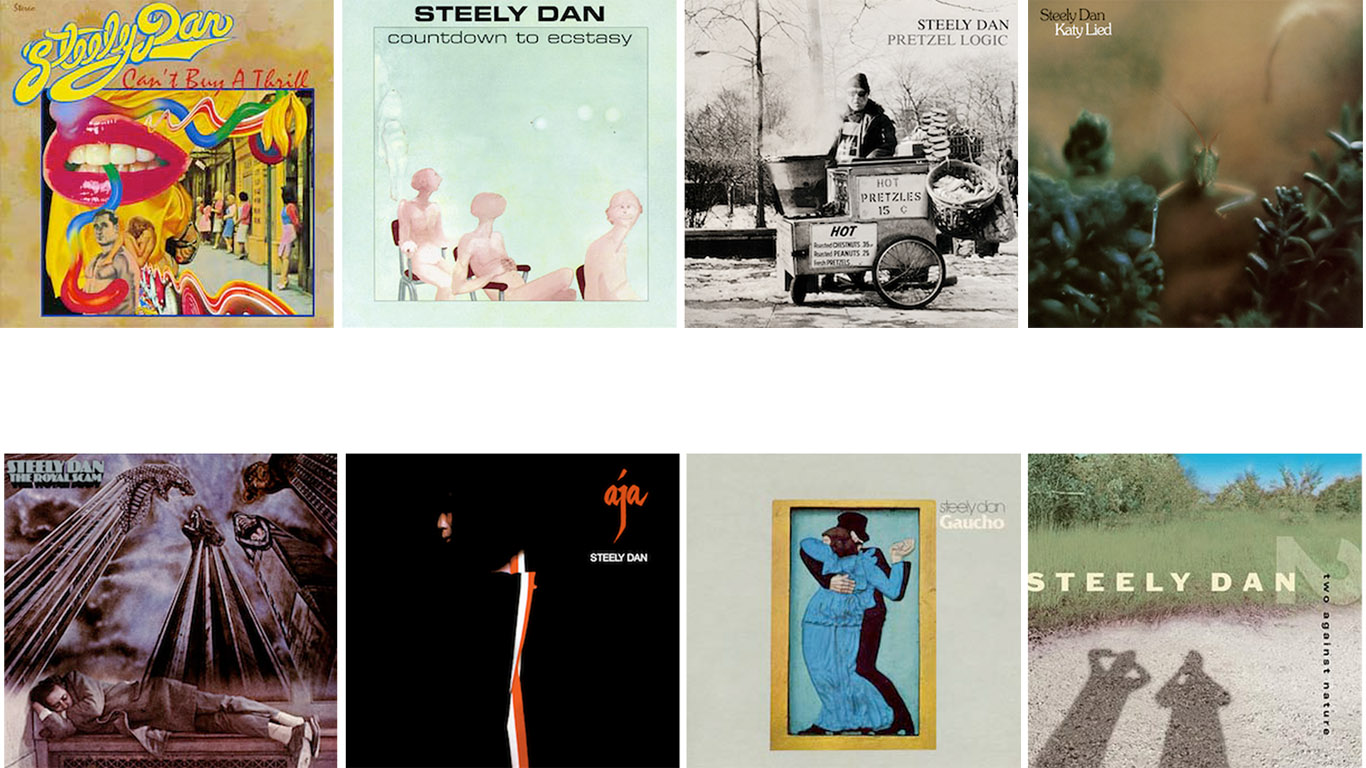

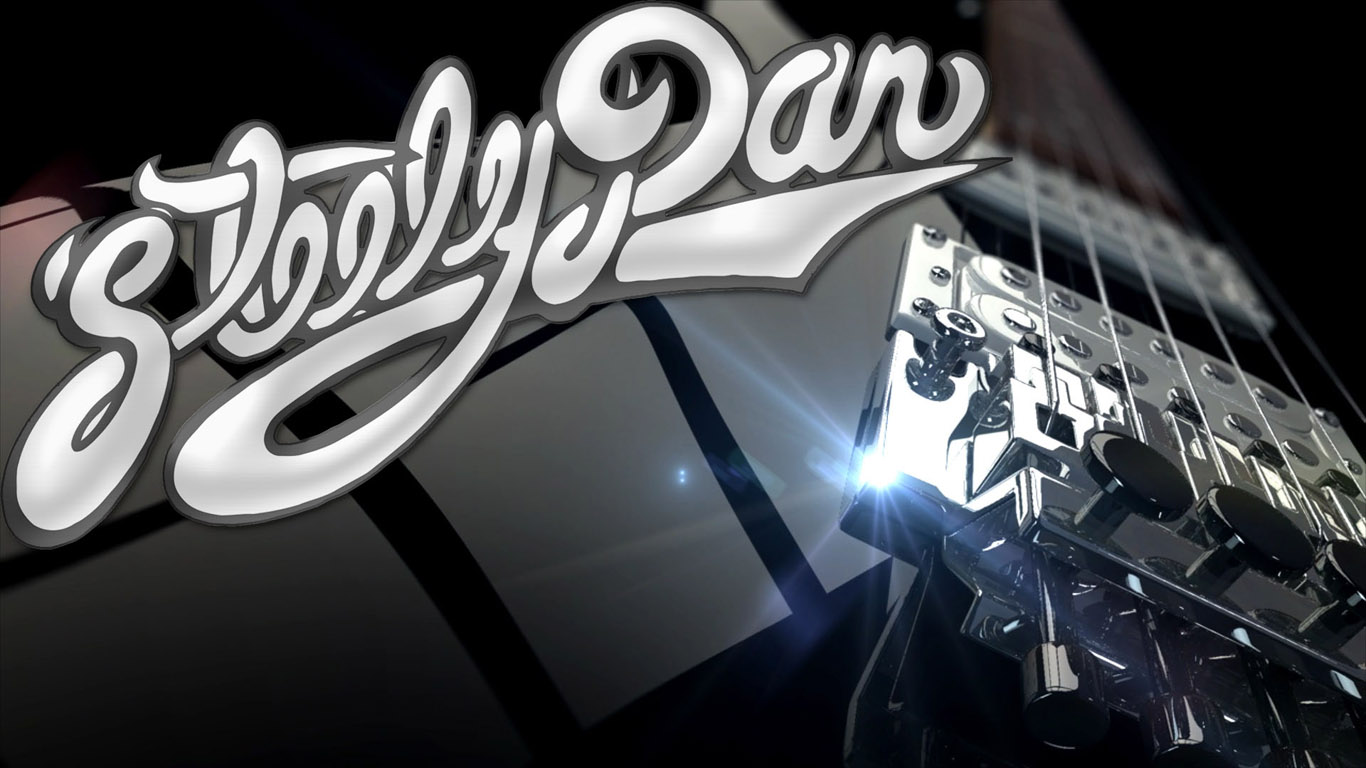

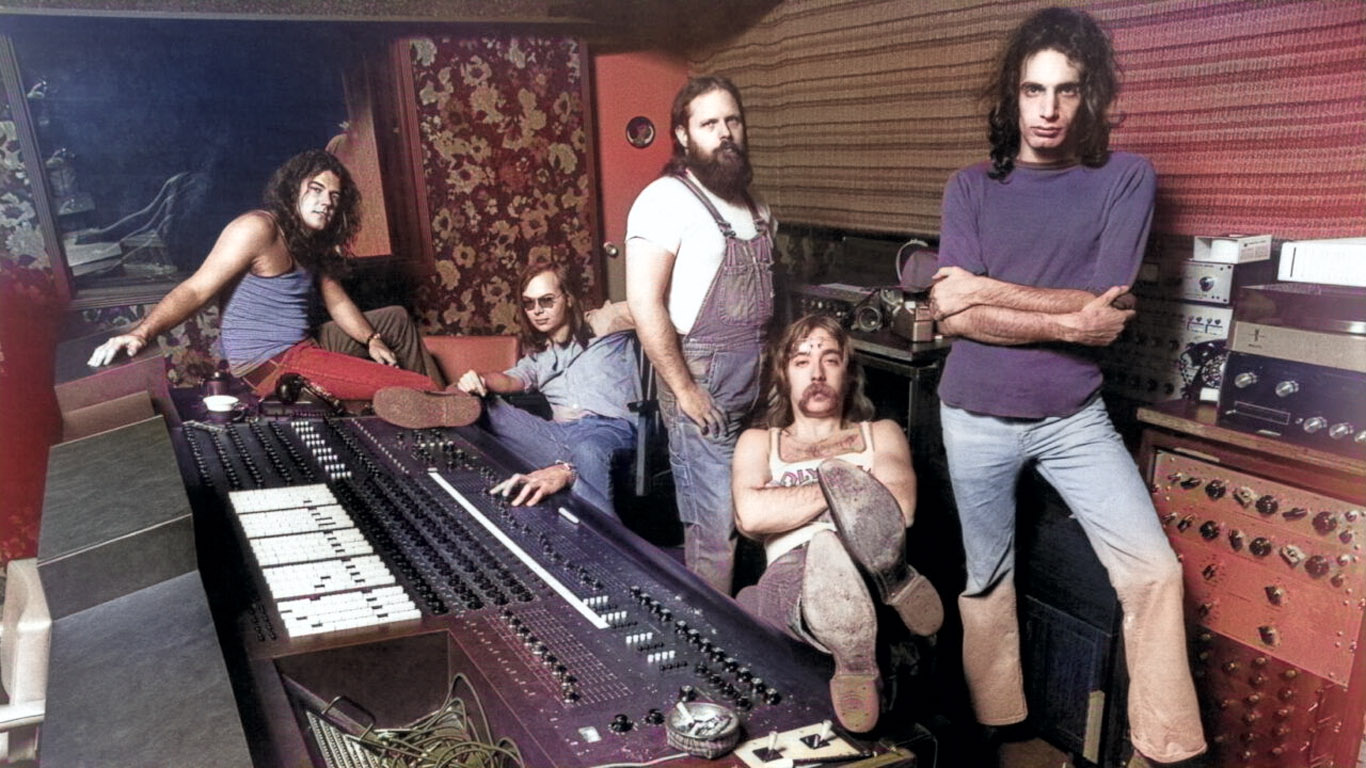
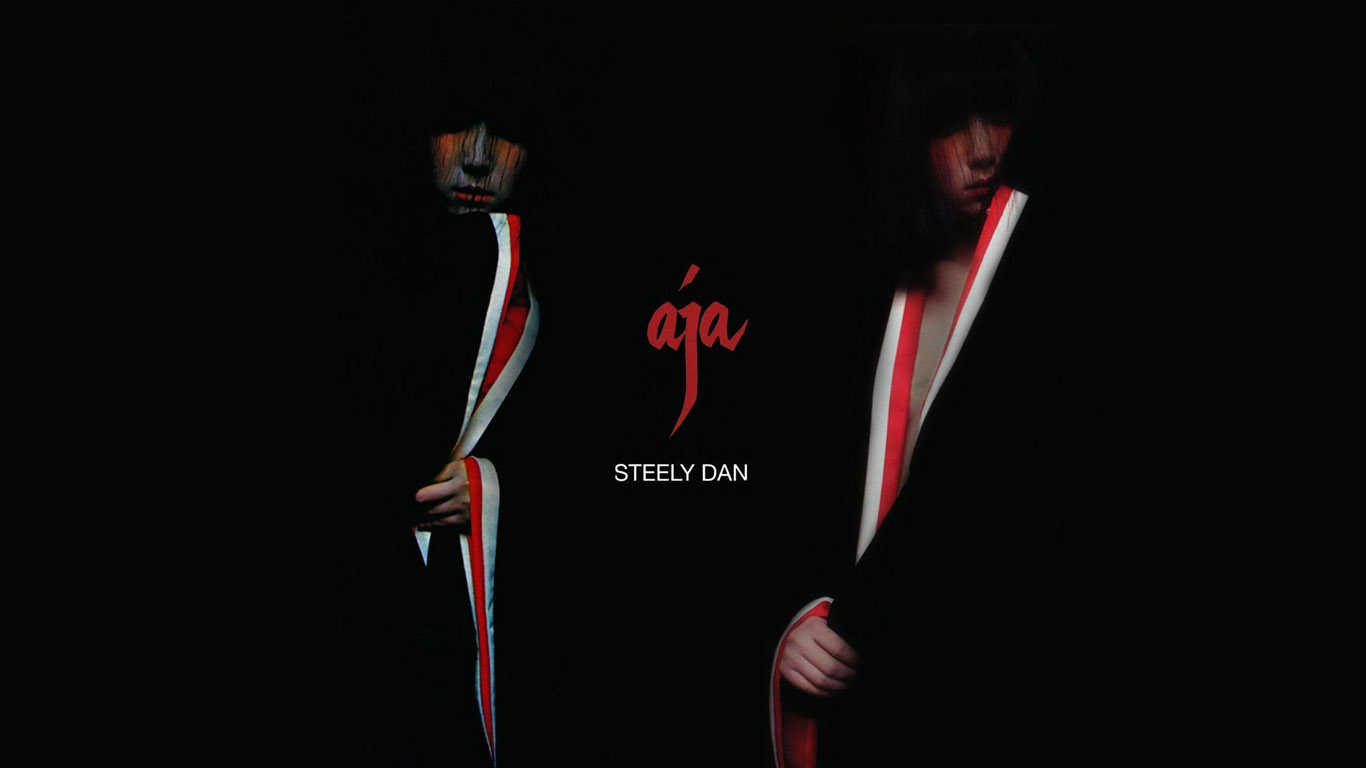
Download Kid Charlemagne here as an MP3
Play: Kid Charlemagne
This track features THAT guitar solo. It is rated by many as one of the top ten guitar solos of all time. The original guitarist on the record, Larry Carlton, pulled a real classic out of the bag and I kept putting off doing this track because I knew I had to recreate it note for note.
The Kid Charlemagne Guitar solo
It is such an integral part of the track I couldn't possibly just do my own solo, I had to do my version of it. I did it pretty much note for note but, I hope, in my own inimitable style. What makes it so good? It's a text book case of good taste and technique on a par with Mozart.
The musical theory is impeccable, Larry constructed it using impressive arpeggios of the many complex chords. He runs up and down scales thinking out of the box by inserting ridiculously chosen passing notes that just shouldn't work.
Musical Analysis
"Kid Charlemagne," from Steely Dan's 1976 album “The Royal Scam”, is a quintessential example of the band's sophisticated blend of rock, jazz, and funk. Written by Donald Fagen and Walter Becker, the song tells a captivating story with complex musical elements. Here’s an accessible breakdown of its musical and lyrical components.
Key/Tonal Center
"Kid Charlemagne" is primarily in the key of G major but features various chord changes and modulations that add complexity to the song.
Chord Progressions
The chord progressions in "Kid Charlemagne" are intricate and reflect Steely Dan's jazz influences. Here are the main progressions
Verse:
Em7 - A13 - Gmaj7 - F#m7 - B7sus4 - B7
Cmaj7 - A7 - Dmaj7 - F#m7 - B7
In Roman numeral analysis for G major
vi7 - II13 - Imaj7 - vii7 - V7sus4 - V7
IVmaj7 - II7 - Vmaj7 - vii7 - V7
Chorus:
Gmaj7 - Cmaj7 - Gmaj7 - Cmaj7
F#m7 - B7 - Em7 - A13
In Roman numeral analysis
Imaj7 - IVmaj7 - Imaj7 - IVmaj7
vii7 - V7 - vi7 - II13
These progressions feature a mix of major, minor, and dominant chords, creating a sophisticated harmonic structure.
Structure
"Kid Charlemagne" follows a relatively straightforward pop/rock structure with some variations
- Intro
- Verse 1
- Chorus
- Verse 2
- Chorus
- Guitar Solo
- Chorus
- Outro
This ABABCA format, enhanced by an instrumental break, allows for both lyrical storytelling and musical exploration.
Rhythmic Style/Meter
The song is in 4/4 time, but the rhythmic style is influenced by funk and jazz. The groove is tight and syncopated, with a driving beat provided by the rhythm section. The interplay between the drums and bass creates a compelling rhythmic foundation.
~What Makes It Interesting?
Several elements make "Kid Charlemagne" particularly interesting
- Complex Harmony: The use of jazz-influenced chords and progressions adds depth and sophistication.
- Narrative Lyrics: The song tells a vivid story of a charismatic but troubled figure, adding an engaging narrative layer.
- Instrumental Virtuosity: Larry Carlton's guitar solo is a highlight, showcasing exceptional musicianship.
- Innovative Production: The production quality is polished, with each instrument clearly defined in the mix.
Lyrical Themes
The lyrics of "Kid Charlemagne" narrate the rise and fall of a 1960s counterculture figure, often interpreted as a reference to Owsley Stanley, a famous LSD chemist. Themes of hubris, decline, and nostalgia pervade the song, with lines like
While the music played you worked by candlelight Now your patrons have all left you in the red
These lyrics paint a vivid picture of the protagonist's journey from prominence to obscurity, resonating with listeners through their detailed storytelling.
Chart Position and Awards
Chart Position: "Kid Charlemagne" reached No. 82 on the Billboard Hot 100 chart.
Awards: While the song itself did not win specific awards, “The Royal Scam” album has been critically acclaimed and is considered a classic.